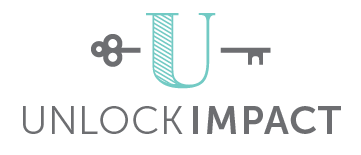Shifting the Story: Helping Educate Girls Reimagine Field-Based Storytelling
The Challenge
As Educate Girls expanded its reach across Rajasthan, Madhya Pradesh, and Uttar Pradesh, it faced a common but critical issue: stories from the field weren’t doing justice to the impact on the ground. With over 18,000 Team Balika volunteers and more than 18.6 million children reached, the raw material was rich—but the narrative often fell flat. The regional communications teams, while deeply embedded in the work, needed support to tell stories that truly resonated.
The Objective
Educate Girls wanted Comms Ninja to design and facilitate a storytelling workshop that would help their regional team:
Reflect on how they collect and approach stories
Move away from overused storytelling formats
Learn to write stories with greater depth, authenticity, and nuance
Build stronger internal bonds with volunteers and field staff to surface richer insights
The goal wasn’t just better writing—it was a stronger, more intentional storytelling culture across regions.
The Solution
We designed a three-part, interactive workshop built around real-time reflection and practice:
1. Identifying Roadblocks
Participants unpacked current storytelling habits and discussed what makes a story engaging. We pushed them to shift the focus from external drama to internal transformation—highlighting personal shifts, not just programme milestones.
2. Extracting Insights through Role-play
Through guided simulations, the team explored how deeper relationships with volunteers and field workers could unlock more meaningful narratives. One insight stood out: you can’t tell a good story if you haven’t built trust first.
3. Writing It Right
Participants edited real samples of their own writing, focusing on language that may unintentionally reinforce stereotypes. A guest session with Sneha Philip from India Development Review brought home a key point:
let the story emerge from the field, not a pre-decided plotline.
The Impact
This workshop sparked more than a few lightbulb moments—it reframed the way the team approached storytelling altogether. Some of the biggest shifts included:
Letting go of formulaic plots: Good stories don’t always need a twist. They need honesty and nuance.
Building trust before asking questions: Strong relationships with volunteers lead to deeper stories.
Interrogating one’s own biases: Reflection is key—on language, perspective, and process.
Recognising patterns of change: Stories are more powerful when seen as part of a larger tapestry of transformation, not one-off moments.



